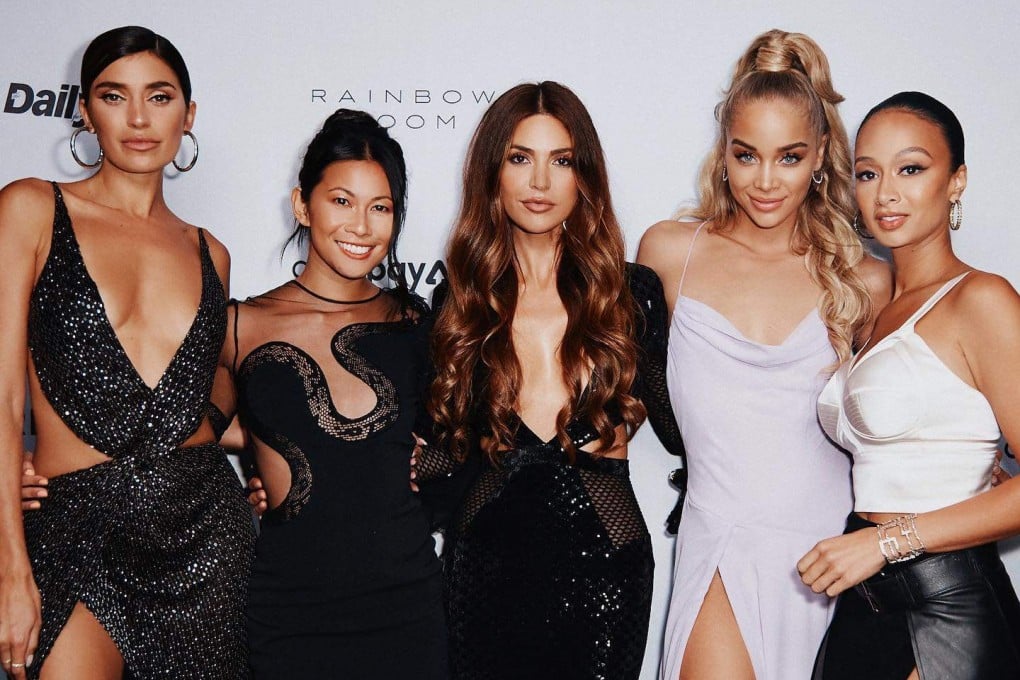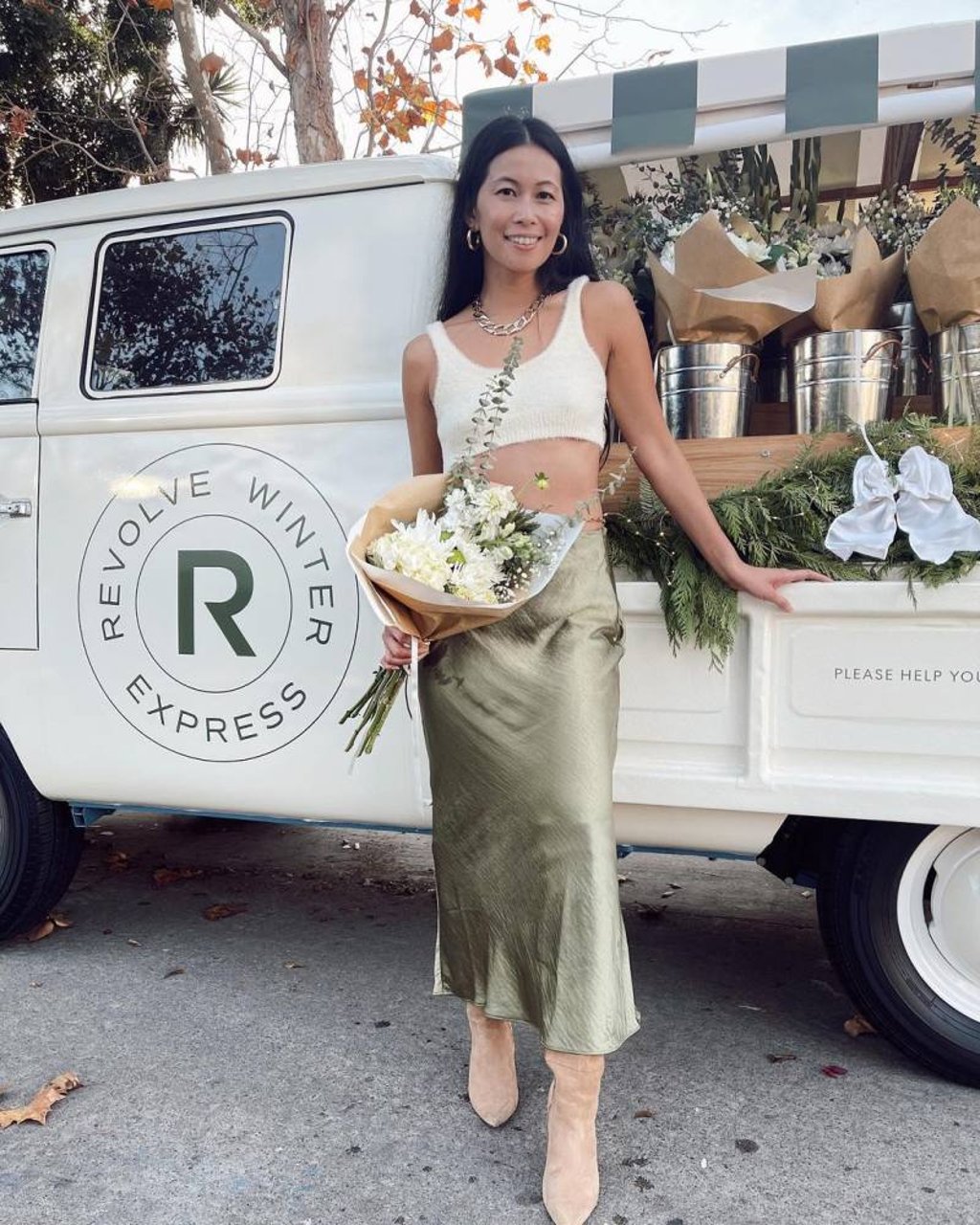How fashion e-tailer Revolve became a global force working with influencers like Kendall Jenner, Nicole Richie, and Aimee Song
- Revolve’s chief brand officer Raissa Gerona describes its influencer-led marketing strategy
- She talks about her own fashion journey, and launching a swimwear line when no one could fly off on beach holidays because of coronavirus travel bans

About six weeks into the coronavirus pandemic, Raissa Gerona found herself in a bit of a quandary. The chief brand officer of online fashion retailer Revolve had to decide whether to proceed with the planned launch of swimwear designed by mega-influencer Camila Coelho.
“We were all very nervous,” said Gerona, speaking over a Zoom call from her Los Angeles home. “We were launching at the end of April, just as the stay-at-home orders were going into effect.”
Revolve went ahead with the roll-out – and the response, said Gerona, was phenomenal. “We sold out,” she said.
In fact, across Revolver’s website, Gerona noticed sales of a “shocking amount of swimwear” despite the fact that travel had ground to a halt. “It was incredible for us. People weren’t going out, but they were sitting outside in their yards in their swimsuits. It was one of the safest things you could do,” she says.

Nimble, fleet-footed, with a colossal inventory and a reputation as a pioneer in the business of using influencers to showcase and design collections, the eight-year-old Revolve is a global fashion force. Headquartered in Cerritos, just outside Los Angeles, the publicly traded company sells hundreds of millions of dollars worth of fashion, beauty products and accessories a year, and carries about 1,000 brands.